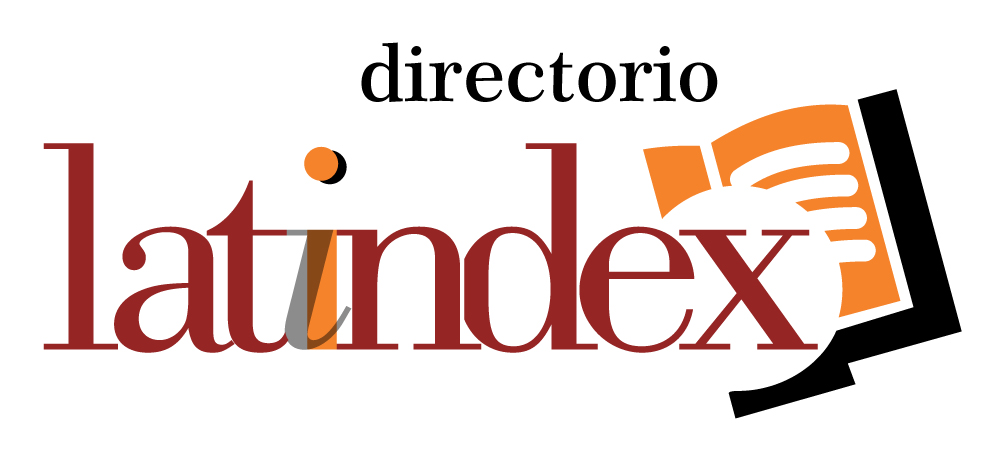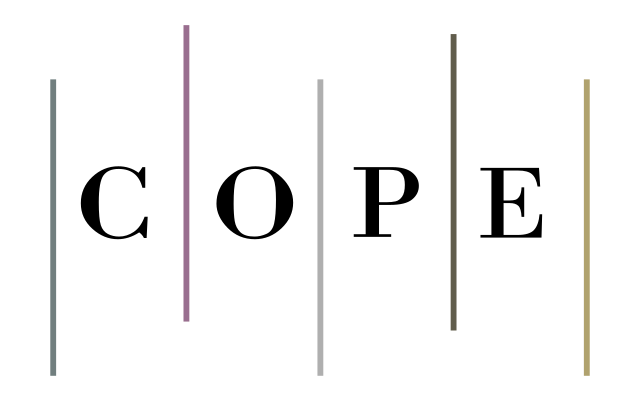The concept of “real number” in Frege
Keywords:
Real numbers, Magnitude-ratio, Philosophy of mathematicsAbstract
The present work consists of a discussion about the concept of real number in Frege. It is intended to explain how Frege tries to define the real numbers, highlighting the importance that the notion of “magnitude-ratio” plays in this definition. In Part III, in Volume II of the Grundgesetze der Arithmetik (1903) (from now on only: Grundgesetze), Frege presents his theory of real numbers, which is followed by a long criticism of the real number theories in force at that time, such as by Cantor, Dedekind, Thomae and Weierstrass. In view of this, to fulfill our purpose, we will examine the text only where Frege presents his own theory of real numbers (the informal presentation) (§§ 156-164). Frege's criticisms of previous theories will not be examined in detail, unless an introduction to his criticism of formalism, in order to elucidate such criticism. Thus, only the part in which the philosopher presents his own conception of real numbers will be analyzed. To support the discussion, authors Peter Simons, Eric Snyder and Stewart Shapiro will be used.
Downloads
References
FREGE, Gottlob. [The real numbers], parte III, §§ 156-64. In: FREGE, Gottlob. Basic laws of arithmetic. Derived using concept-script. Vol 2. Trad. Philip A. Ebert e Macus Rossberg. Nova Iorque: Oxford University Press, 2016, p. 154-62.
SIMONS, Peter. Frege’s theory of real numbers. History and philosophy of Logic, v. 8, n.1, p. 25–44, 1992. https://doi.org/10.1080/01445348708837106.
SNYDER, Eric; SHAPIRO, Stweart. Frege on the real numbers. In: EBER, Philip; ROSSBERG, Marcus (ed.). Essays on Frege’s Basic laws of arithmetic. Nova Iorque: Oxford University Press, 2019, p. 343-83.
Downloads
Published
How to Cite
Issue
Section
License
Copyright (c) 2021 Caio Bismarck Silva Xavier

This work is licensed under a Creative Commons Attribution-NonCommercial-NoDerivatives 4.0 International License.









